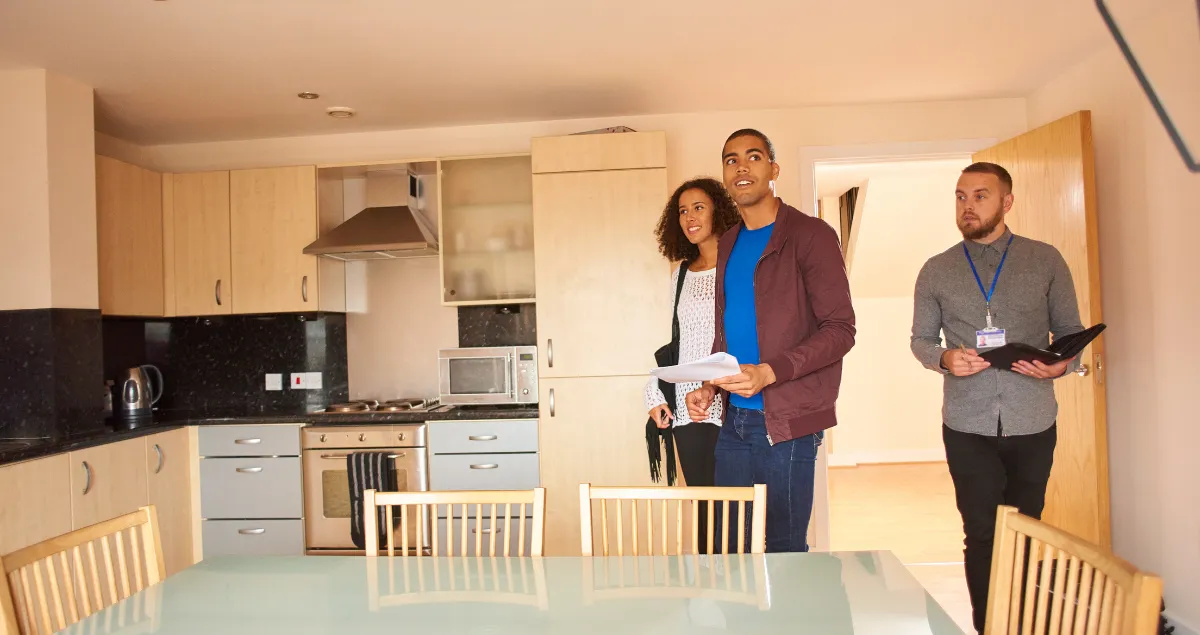
Airbnb vs Long-Term Rentals: The Smackdown
Cash Flow — Who Brings Home the Bacon?
Airbnb income vs rental income, short term rental cash flow
Let’s not lie — this is why you’re here. You want to know which strategy stacks the most cash in the shortest amount of time. So let’s talk about what actually hits your bank account.
Airbnb's Heavy Hit:
Short-term rentals can bring in 2x to 3x more gross rent per month than traditional leases — especially in high-traffic tourist areas, near hospitals, or corporate hubs. Think $3,500/month on a property that would rent for $1,500 long-term.
Sounds sexy, right? Here’s the kicker: that’s gross, not net.
Now Enter the Fine Print...
With that sweet Airbnb income comes:
Cleaning fees (per stay, unless you’re scrubbing toilets yourself)
Restocking supplies (toilet paper, coffee, linens, soap, oh my)
Turnover labor
Guest messaging
OTA (Airbnb/VRBO) platform fees
And the occasional “I partied in your living room” damage claim
Add it up, and suddenly your 3x gross advantage starts shrinking faster than your patience with guests asking for early check-in.
Long-Term’s Quiet Consistency:
Long-term rentals? They’re the steady, less-flashy cousin. One lease, one tenant, 12 months of predictable payments.
No turnovers
No soap refills
No 2am “how do I work the Keurig?” texts
You get fewer variables, cleaner P&Ls, and a whole lot less management.
Verdict: Airbnb wins gross cash flow, but long-term rentals win simplicity and stability on net returns. Score: Airbnb 1 — Long-Term 1
Time & Effort — Passive vs ‘Always On’
Airbnb management, long term rental maintenance
Let’s talk time — because the real flex in real estate isn’t just cash flow, it’s freedom. And here’s where the gloves start coming off.
Airbnb: The Hustle-Heavy Contender
Running a short-term rental can feel like owning a mini hotel. You’re not just a landlord — you’re the front desk, the concierge, the cleaning crew coordinator, and sometimes… the therapist for needy guests.
You’ve got:
Constant messaging: check-ins, early checkouts, "Where's the Wi-Fi?"
Turnovers every few days (unless you’re booked solid, which means even more work)
Reviews to manage (and one bad one tanks your rankings)
Maintenance requests that need handling now, not “next week”
Yes, you can hire a property manager or co-host… but that’ll eat 20–30% of your revenue. Now your “triple cash flow” is looking a little more like a headache with a payout.
Long-Term: The Low-Maintenance Champ
With long-term rentals, you screen a tenant, sign a lease, and you’re basically on cruise control unless the AC explodes or they adopt a secret zoo.
No daily messages
No regular turnovers
Fewer time-sensitive issues
Easier to automate with simple systems or a manager
It’s not 100% passive — but it’s predictable. And predictable = peace of mind.
Verdict:
If you want to be hands-on (or hire a team to be), Airbnb can be worth it.
But if you value your time and sanity, long-term rentals win this round.
Score: Airbnb 1 — Long-Term 2
Risk & Regulation — Who’s the Legal Lightweight?
Airbnb legality, short-term rental risks, tenant laws
Welcome to the part of the match where the government enters the ring — uninvited, unpredictable, and wearing brass knuckles labeled “compliance.”
Airbnb: Fighting on Shaky Ground
Short-term rentals are flashy — and that’s exactly why they’re under fire in cities across the U.S.
You could buy the perfect Airbnb… and six months later, your city could ban it.
Not “maybe.” Not “someday.” It happens. A lot.
Let’s break it down:
Many cities now require permits, licensing, hotel taxes, and occupancy limits
Some neighborhoods or HOAs flat-out prohibit short-term rentals
You risk angry neighbors, city fines, or being forced to convert to long-term
And the worst part? Even if you’re following the rules today… those rules can change tomorrow. There’s no such thing as “permanent” Airbnb legality. That’s the regulatory gut punch.
Long-Term Rentals: The Predictable Legal Fighter
Long-term has its own challenges — eviction laws, rent control, fair housing compliance — but here’s the key:
It’s consistent.
The legal framework around long-term rentals is well-established. Sure, tenant laws vary state to state, but they’re not getting banned out of nowhere.
You may deal with a slow eviction or have to jump through a few bureaucratic hoops, but you’re not going to wake up to a law that shuts down your entire business model overnight.
Verdict:
Airbnb has more headline risk and legal volatility. Long-term rentals win for stability, scalability, and less municipal drama.
Upfront Costs — Who’s More Budget-Friendly?
Airbnb setup cost, rental property startup costs
Let’s talk about the money that leaves your pocket before any rent rolls in. Because the real estate glow-up? Yeah, it ain’t cheap — especially if you’re aiming for five-star reviews instead of one-year leases.
Airbnb: The Startup Spend-Fest
Short-term rentals don’t just need a clean unit — they need the experience. That means:
Full furniture package (bedroom sets, sofas, dining tables)
Decor and artwork (because empty walls = empty vibes = empty bookings)
Kitchen supplies, towels, toiletries, hangers, lamps, coffee makers
Smart locks, high-speed Wi-Fi, noise sensors, cameras (if you're smart)
Professional photography (because iPhone pics = no bookings)
Typical Airbnb setup cost? Anywhere from $5,000 to $15,000+ per unit, depending on size, market, and your taste level.
And no, IKEA and Amazon won’t save you as much as you think.
Long-Term Rentals: The Frugal Fighter
Here’s your checklist for a long-term rental:
Clean?
Safe?
Functional?
Paint, flooring, basic appliances?
That’s it. No decor. No pillow fluffing. No espresso machines.
Most long-term tenants bring their own furniture, their own stuff, and their own expectations — which are significantly lower than the average Airbnb guest who expects boutique-hotel-level polish.
Verdict:
If you’re on a tight budget or want faster deal velocity, long-term is the clear winner. Airbnb’s upfront costs are real — and they add months to your breakeven point.
Vacancy & Seasonality — Who Gets KO’d by the Calendar?
Airbnb occupancy rate, rental vacancy risk
Here’s where we separate the sprinters from the marathoners. Because cash flow is great — but consistency keeps the lights on.
Airbnb: Feast or Famine
Short-term rentals run on rhythm.
You’ll see:
Peaks: weekends, holidays, tourist season, big local events
Valleys: weekdays, slow months, off-season lulls
Unless you're in a city like Miami, San Diego, or Nashville — where tourism never sleeps — you're at the mercy of demand cycles and vacancy volatility.
Even high performers often see 30–40% of the month sitting empty, and that’s before factoring in cancellations or algorithm-driven price drops.
Plus:
If your market has heavy competition, prepare for a race to the bottom on pricing
If your cleaner flakes, that empty night just cost you $200
And if your reviews dip, bookings can stall fast
Long-Term Rentals: The Steady Contender
Long-term tenants sign leases. That means 12 months of rent, locked and loaded, whether it's raining, snowing, or your Wi-Fi goes out.
Vacancy still exists — during turnovers or evictions — but it’s predictable and infrequent. You’re not relisting your unit every four days. You’re planning for 1–2 turnovers a year, max.
Verdict:
When it comes to steady income and weathering off-seasons, long-term rentals are the clear winner. Airbnb may have flashier months, but one bad quarter can wipe your year.
Appreciation & Exit Strategy — Which One Builds More Wealth?
long term equity, real estate appreciation, Airbnb resale value
Let’s zoom out. You’re not just in this game for monthly checks — you’re building long-term wealth. So which rental model sets you up for a bigger payday when it’s time to sell or scale?
Airbnb: Higher Income, Tricky Exit
On paper, a high-performing short-term rental can look like gold.
If you’ve got:
Proven income
Glowing reviews
Turnkey furnishings
You might be able to sell it as an “Airbnb-ready investment” at a premium — but only if the buyer believes they can legally operate it post-sale. That’s a big if in markets with shifting regulations or permit requirements.
Also, not all appraisers recognize short-term income as sustainable. That means you may still get comps pulled from boring long-term rentals… which can pull your property valuation down.
Long-Term Rentals: Boring but Bankable
Buyers love predictability. And with long-term rentals, you’ve got:
Established leases
Reliable income
Lower management complexity
That means your property appeals to a broader investor pool — making it easier to sell, 1031 exchange, or refinance.
Plus, over 10–20 years? Equity builds based on market appreciation, not how many towel sets you replaced last month. And that’s a game you can play passively — no five-star reviews required.
Verdict:
It’s a draw. Airbnb can command a higher sale price if you’re in the right market with strong numbers and buyer interest.
Long-term rentals win on simplicity, refinance options, and resale predictability.
Which One Is Right for YOU?
choosing rental strategy, Airbnb vs traditional rental
Alright, we’ve tallied the rounds. Long-term rentals walked away with more wins on the scorecard — but that doesn’t automatically mean it’s the best fit for you. Because strategy isn’t about who wins in theory — it’s about what works for your lifestyle, your goals, and your risk tolerance.
Here’s how to decide:
Choose Airbnb if...
You want maximum cash flow and don’t mind being hands-on (or hiring a team)
You’re in a tourism-driven, regulation-friendly market
You love hospitality, systems, and optimizing a guest experience
You’ve got startup capital to furnish and stand out from the crowd
You’re comfortable with some legal risk and income volatility in exchange for higher upside
Choose Long-Term if...
You value simplicity, predictability, and passive income
You want to scale quickly without babysitting every property
Your market isn’t ideal for short-term rentals (or is heavily regulated)
You prefer to set-and-forget and only get involved during big moments
You’re building for long-term wealth and equity, not just monthly cash flow
Want the best of both worlds?
Try mid-term rentals (30–90 days), or split your portfolio across both strategies. Many investors Airbnb their basement and long-term rent the upstairs. Or Airbnb in vacation towns and go traditional in the suburbs. That’s called playing the game with range.
Bottom line: You don’t need to guess. You need a strategy.
And that’s where I come in.
Book your FREE Rental Strategy Session and I’ll help you:
Compare your market
Run the cash flow numbers
Design a plan based on YOUR lifestyle
Avoid the hype and build a portfolio that pays you in profit AND peace


